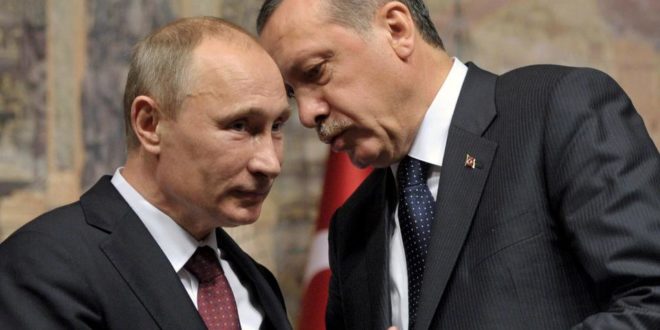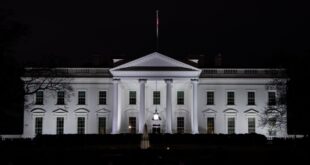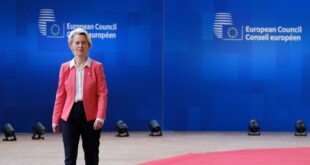Shehab Al Makahleh •
The question whether Turkey would reopen its embassy in Damascus in the near future has become significant for many analysts due to the multiple messages that such a move would send to various regional and international powers.
It has been confirmed by the Turkish side that a three-day meeting was held between senior security officers from Turkey and Syria on the Lebanese Syrian border at the end of August, 2017.
This goes in line with Turkish President Rejeb Teyyep Erdogan’s statement about Syria when he said in Astana on September 9, 2017 in a joint conference with his Iranian counterpart Hassan Rouhani that the Syrian war showed that issues can be resolved not through military but through diplomatic actions, and that Syria is the cradle of civilizations in the region, and foreign powers should not be allowed to carve up Syria.
This is a sign of rapprochement with the Syrian government and a rejection of any division of Syria. It should be remembered that Putin, Erdogan and Assad rose to prominence as leaders unexpectedly at around the same time. Russian president rose to power in 2000, Erdogan in 2003 and Assad in 2000.
A new page
It is expected that upon Russian president Vladimir Putin’s demand, Turkish president would open a new page with Bashar Assad with direct involvement of Iran in such talks. The courting statements of both Iranian and Turkish presidents stand for a new era of relations based on the new spheres of cooperation which cannot be achieved without solving the Syrian issue. This is clear from Rouhani’s statement to the media that Iran-Turkey relations have entered a new phase.
What is important about these two statements is that they were issued at a time the Syrian army supported by Russian warplanes target the North Eastern parts of Syria in the so-called: “The Race for Deirez-Zor” as the Kurds have been racing through the desert to attack this town just as they’ve done with Raqqa.
Kurds have tried to impose a policy of fait accompli on Iraq, Syria and Turkey by imposing their control over the sites located west of the Euphrates River. The Kurds have the intention to capture the city of Raqqa and Deirez-Zor to annex them into their self-declared “federation” or in the best scenario to hand these two areas to the Syrian army in exchange for the Syrian government to recognize their autonomy.
Since Erdogan is afraid of an independent Kurdish state by the borders of Turkey, which would pose a threat to the political stability of Ankara, he is currently seeking to bridge the gap with his persona-non-grata, Bashar Assad. Sources inside Turkey confirm that Erdogan and his government have lost the trust and confidence of many European governments as well as the US.
Old alliances
Thus, Ankara is seeking to replace such old alliances with new ones even if this requires offering concessions to the Syrian president by helping him overcome the military conflict on the northern borders of Syria with Turkey which include Idlib where more than a million people are residing including those members of military opposition.
The Turkish president seeks to go for the “quid pro quo” principle when dealing with Syrian government nowadays to secure his future as he is facing severe internal and external opposition.
Erdogan decoded the Syrian messages in the past few weeks that the “Era after DeirezZor will be different”. He understood that the Russians will increase their support to the Syrian army to liberate the region and annex the new sites liberated by the Syrian army from ISIS to the other governorates.
In other words, the Syrian army has managed so far to stop the Kurdish advance south and beyond the Euphrates and the Syrian government army crossed the river by bridge-heading in order to liberate this territory from ISIS. Thus, the battle for DeirezZor will determine the post-ISIS era in Syria between the Syrian government and the Kurds.
If news leaked from Astana on the sidelines of OIC summit for Science and Technology proved right that there was a meeting held in the capital of Kazakhstan between Assad and Erdogan on Putin’s demand that means the end of conflict in Syria is sooner than expected.
Turkish concoction wanes in Syria except in Idlib; thus, Erdogan started deciphering Russian and Iranian messages to him through frequent visits of Iranian officials and officers to Ankara conveying messages to Turkish officials that rules of the game in Syria have changed on the Syrian chess board with many countries admitting that only political solution is the way out.
______________________
Shehab Al-Makahleh is Director of Geostrategic Media Center, senior media and political analyst in the Middle East, adviser to many international consultancies.
 Geostrategic Media Political Commentary, Analysis, Security, Defense
Geostrategic Media Political Commentary, Analysis, Security, Defense





